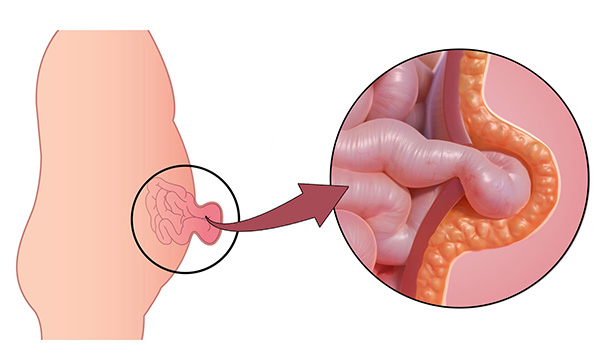
Overview
Hernia surgery is a procedure to repair a hernia, which occurs when an organ or tissue pushes through a weak spot in the abdominal wall. There are two common types of hernia surgery: open surgery and laparoscopic (minimally invasive) surgery. In open surgery, the surgeon makes an incision to repair the hernia using sutures, mesh, or both. Laparoscopic surgery involves several small incisions through which a camera and instruments are inserted to perform the repair. The choice of surgery depends on the type and severity of the hernia, the patient’s health, and the surgeon's expertise. Recovery time can vary, but most patients return to normal activities within a few weeks.
Conditions
- Inguinal hernia
- Femoral hernia
- Umbilical hernia
- Incisional hernia
- Hiatal hernia
- Ventral hernia
- Epigastric hernia
- Spigelian hernia
- Diaphragmatic hernia
- Obturator hernia
Benefits
- Pain relief
- Prevention of hernia recurrence
- Reduced risk of complications
- Improved mobility
- Faster recovery with minimally invasive techniques
- Reduced risk of organ strangulation
- Increased quality of life
- Strengthened abdominal wall
- Long-term durability (with mesh repair)
- Lowered risk of bowel obstruction
Risk Factors
- Infection at the surgical site
- Mesh-related complications
- Recurrence of hernia
- Nerve damage
- Blood clots or deep vein thrombosis (DVT)
Please visit the following link to get more information
https://www.drravilandge.com/best-gastrointestinal-surgeon-in-ghatkopar.php

